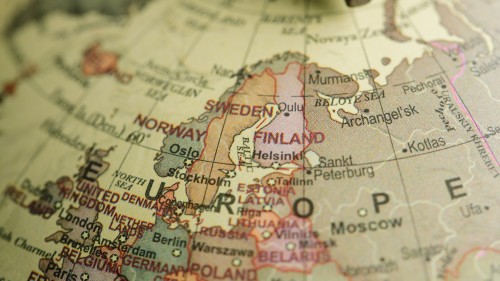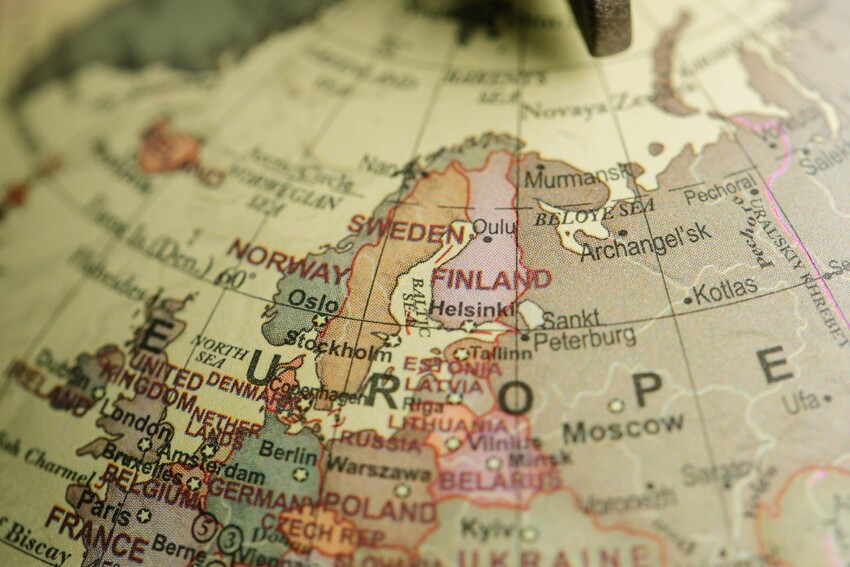What is the EU TOMS reform and why do we care after Brexit?

posted 4th May 2023

Lets face it, TOMS has always been a bit complex and a bit inconsistent! We often see people baffled as to why the rules exist, and especially why they are so different between different member states in the EU. The EU TOMS rules have been in place since the 80s, and have broadly speaking never been revamped.
There is some method to the madness, in that the purpose of TOMS was to simplify VAT accounting for tour operators on travel services taking place in other member states. Under normal VAT rules, VAT must be accounted for on travel services in the member state in which they take place, meaning that tour operators and other businesses selling travel services would have had to register for VAT in potentially 28 (pre-Brexit) member states. The TOMS rules simplify this in declaring that the supplier does not need to register in that member state, but instead recovers no input VAT on the direct purchase and accounts for output VAT in its own country on the margin made only (i.e. the value it adds…hence “Value Added Tax”). The other reason for its existence is to achieve a fair distribution of VAT on tourism taking place in the EU.
Given the complexities and inconsistences, and the fact that we now live in a digital age where reporting of VAT may be made more straightforward, the EU has considered reforming the TOMS rules in a number of ways. Any reforms of VAT involving multiple countries and many different circumstances will always take time, and have several stages. The stage we are currently at is that a discussion document was released late last year, inviting stakeholders to comment on the possible options. The options in the document are varied and we may of course end up with something that looks different. However, proposals arising from these discussions are expected in the latter half of 2023.

What are the proposals?
There are four main way the EU are considering adapting the scheme:
1. Scope of the scheme: At the moment, the TOMS rules (in theory) include supplies of all trave facilities supplied by anyone other than the service provider, including wholesale, MICE, occasional services and B2B for the customer’s own use. I say in theory because this is pretty inconsistent throughout the EU. The EU is considering whether some or all of these options should be excluded.
2. Place of supply: At the moment, the TOMS margin is taxed where the supplier is located. Reading between the lines, this is a major bugbear of the EU now that the UK has Brexitted, as it means that currently UK businesses do not have to pay any VAT on TOMS services taking place outside the UK (other than German and Croatian travel where these member states have taken the law into their own hands!). The options being considered are:
- The place of supply becomes the travellers location, either for all tour operators or just for non EU tour operators;
- The place of supply becomes the place where the travel takes place (either for all tour operators or just for non-EU tour operators).
This is of course the point which is most significant for UK operators as, if this changes at all, it will mean that UK operators will be brought into the scope of EU VAT where acting as principal.
3. Inclusions within the scheme: Questions on a number of policy areas including:
- Whether to introduce an official list of behaviours determining principal vs agent
- What is a “travel service” for the purpose of TOMS – is it a bundle of services, or could it be individual services, and what types are included.
- Whether MICE should be included
- Whether in-house services would be treated as part of TOMS, or instead priced and invoiced separately.
4. The calculation: Whether the margin should be calculated per transaction or instead whether it should be a compulsory single annual calculation including all global supplies (the UK’s default option) or whether this should be optional.
Why do we care?
Clearly there are many variables here, and we currently have no idea which, if any, will be approved. However, if we assume that option 2 above will result in a change in the “place of supply” for non-EU operators to either the place where the travel takes place, or the place where the traveller is located, then this is likely to put many UK tour operators and other UK businesses within the scope of EU VAT rules. Based on the fact that Brexit seems to have been one of the “prompts” for the reform being hot on the EU Commission’s agenda (a dissatisfaction that UK tour operators are currently supplying EU travel “VAT free”!), my own opinion is that this is probably one of the areas most likely to change.
With this in mind, UK tour operators should bear these rules in mind for future business plans and ensure you keep up to date with news on the potential EU TOMS reform. These policy points usually take time, and we are by no means expecting this change in rules to be implemented within the next couple of years. However, mid-to-long term it is very likely that there will be an exposure to EU VAT reporting and accounting on this basis for UK tour operators.
Although some operators may consider whether their business could operate as a disclosed agent to avoid these potential rules, one further consideration is the fact that certain online platform operators are likely to be required to register and account for EU VAT anyway due to the expected changes under VAT in the Digital Age (ViDA) proposals.
As always if you have any questions at all on how this might affect your business, please get in touch with us here.


